California Tax Experiment: Policy Makers Receive Valuable Economics Lesson
/0 Comments/in COVID Economy, Economic Opportunity, Featured, Graduated Income Tax, Podcast Hubwonk /by Editorial StaffHost Joe Selvaggi talks with Stanford University Economics Professor Joshua Rauh about his research on the reaction of Californians to a tax increase, from his report, “The Behavioral Response to State Income Taxation of High Earners, Evidence from California.” Prof. Rauh shares how his research offers tax policy makers insight into the likely effects of similar increases in their own states, including here in Massachusetts.
Related: New Study Finds Tax Policy Drives Connecticut’s Ongoing Fiscal & Economic Crisis
Guest:
 Joshua Rauh, originally from Newton, MA., is a Professor of Finance at the Stanford Graduate School of Business, a Senior Fellow at the Hoover Institution, and a Research Associate at the National Bureau of Economic Research (NBER). Professor Rauh’s research on state and local pension systems in the United States has received national media coverage in outlets such as the Wall Street Journal, the New York Times, the Financial Times, and The Economist. He is an Associate Editor of the Journal of Finance and an editor of the Journal of Pension Economics and Finance and the Review of Corporate Finance Studies. He holds a BA degree in economics, magna cum laude with distinction, from Yale University and a PhD in economics from the Massachusetts Institute of Technology.
Joshua Rauh, originally from Newton, MA., is a Professor of Finance at the Stanford Graduate School of Business, a Senior Fellow at the Hoover Institution, and a Research Associate at the National Bureau of Economic Research (NBER). Professor Rauh’s research on state and local pension systems in the United States has received national media coverage in outlets such as the Wall Street Journal, the New York Times, the Financial Times, and The Economist. He is an Associate Editor of the Journal of Finance and an editor of the Journal of Pension Economics and Finance and the Review of Corporate Finance Studies. He holds a BA degree in economics, magna cum laude with distinction, from Yale University and a PhD in economics from the Massachusetts Institute of Technology.
Get new episodes of Hubwonk in your inbox!
Related Posts:

Amar Sawhney on Sikhs, STEM & COVID

Study Says Interstate Tax Competition, Relocation Subsidies Exacerbate Telecommuting Trends
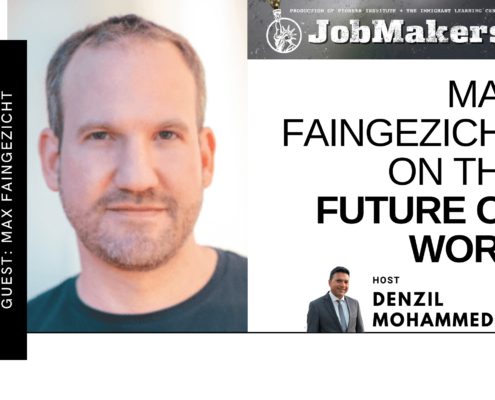
Max Faingezicht on the Skills Gap & the Future of Work
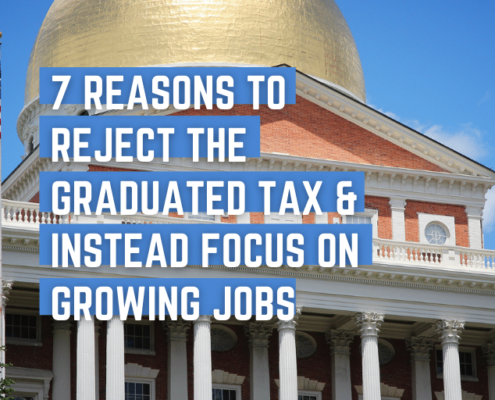
7 Reasons to Reject the Graduated Tax and Instead Focus on Growing Jobs

Study Warns Massachusetts Tax Proposal Would Deter Investment, Stifling the “Innovation Economy”
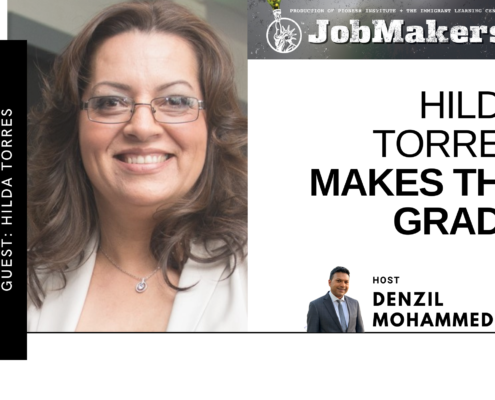
Hilda Torres Makes the Grade

Study Shows the Adverse Effects of Graduated Income Tax Proposal on Small Businesses
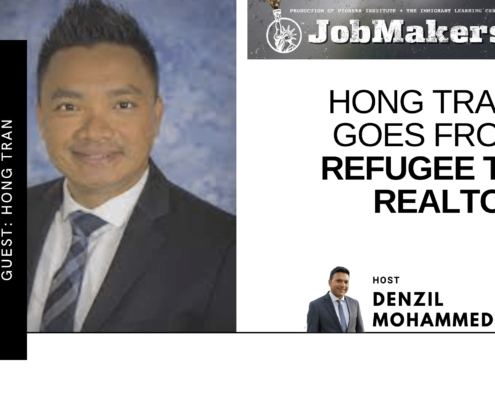
Hong Tran Goes from Refugee to Realtor
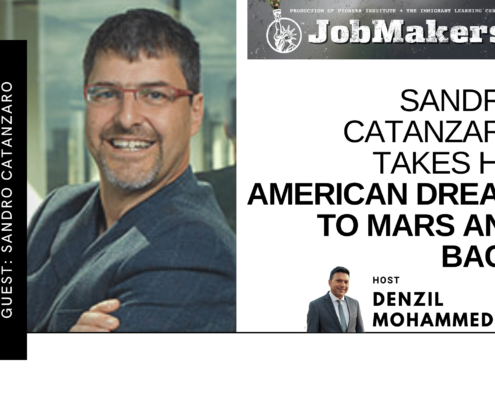
Sandro Catanzaro Takes His American Dream to Mars and Back

Study: Graduated Income Tax Proposal Fails to Protect Taxpayers from Bracket Creep
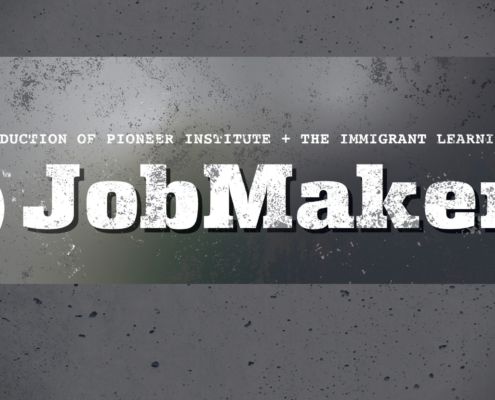
Pioneer Institute, The Immigrant Learning Center Co-Produce New Weekly Podcast
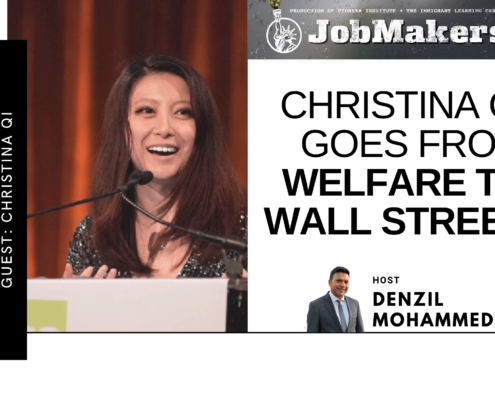
Christina Qi Goes From Welfare to Wall Street

New Study Warns Graduated Income Tax Will Harm Many Massachusetts Retirees
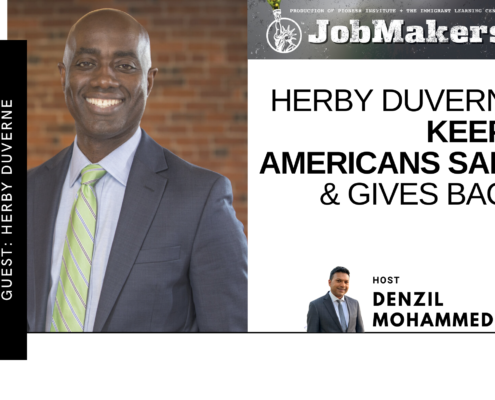
Herby Duverné Keeps Americans Safe & Gives Back

Study: Graduated Income Tax Proponents Rely on Analyses That Exclude the Vast Majority Of “Millionaires” to Argue Their Case

Hoover Institution’s Dr. Eric Hanushek on COVID-19, K-12 Learning Loss, & Economic Impact

Report Contrasts State Government and Private Sector Employment Changes During Pandemic



